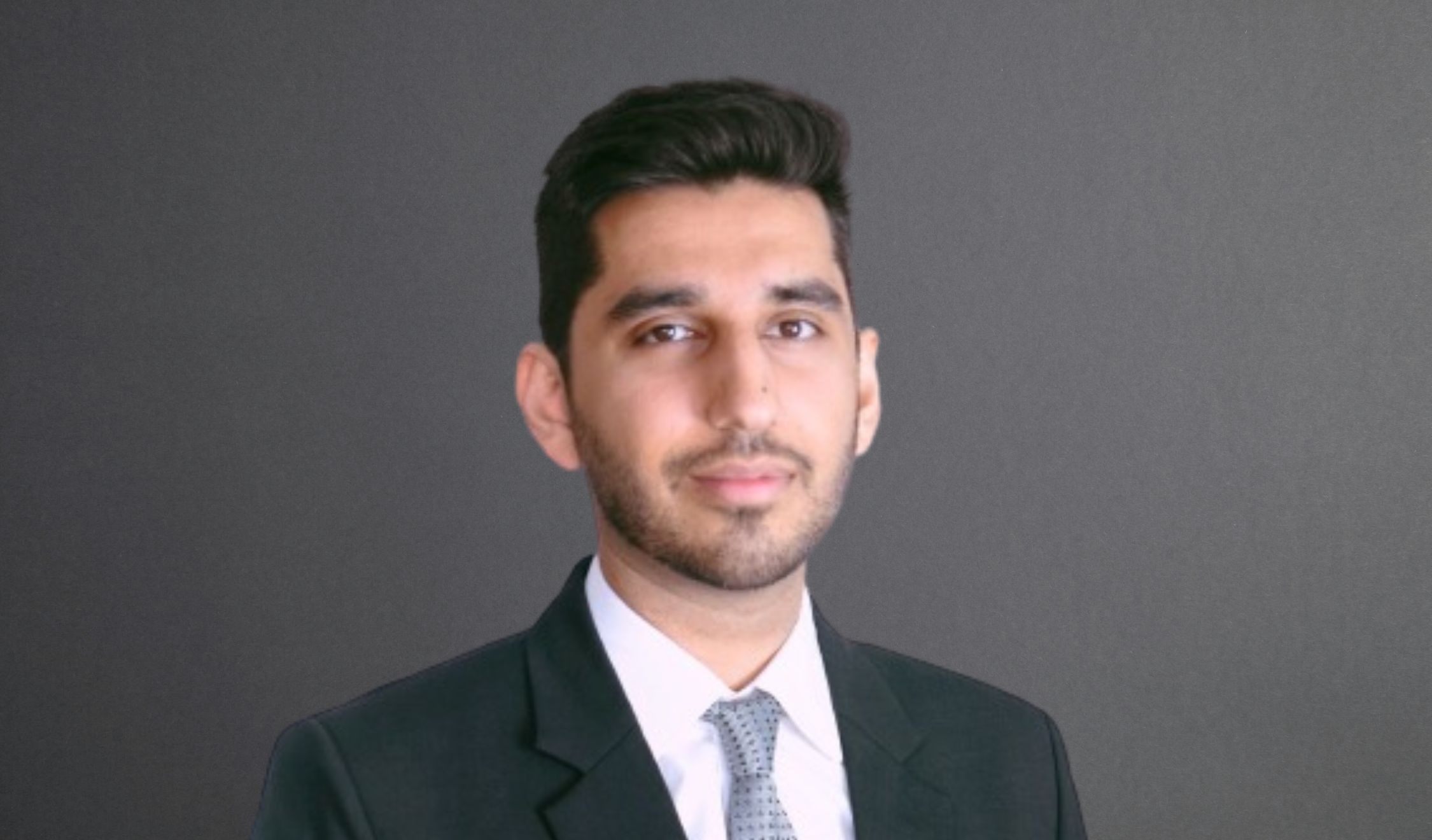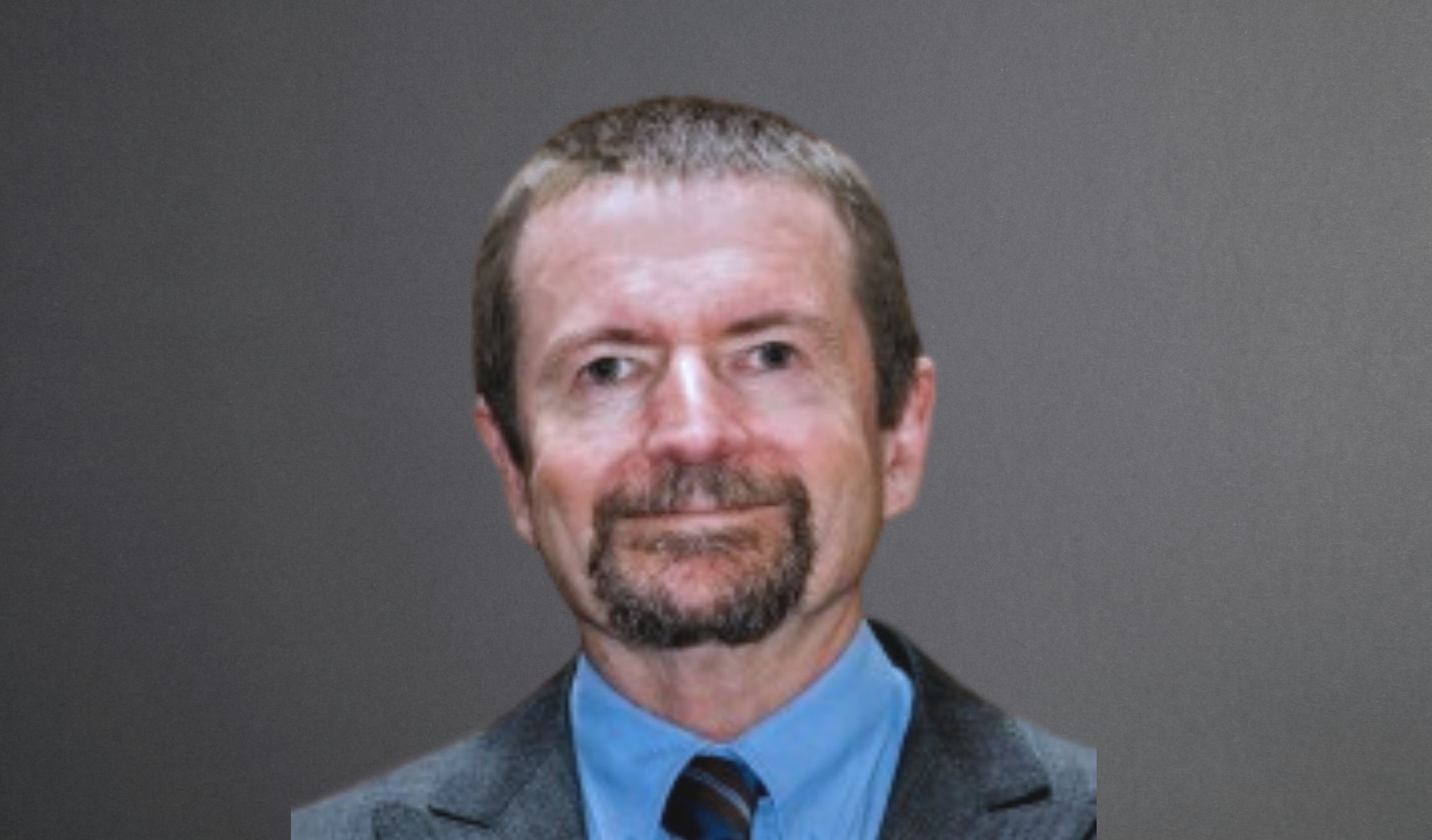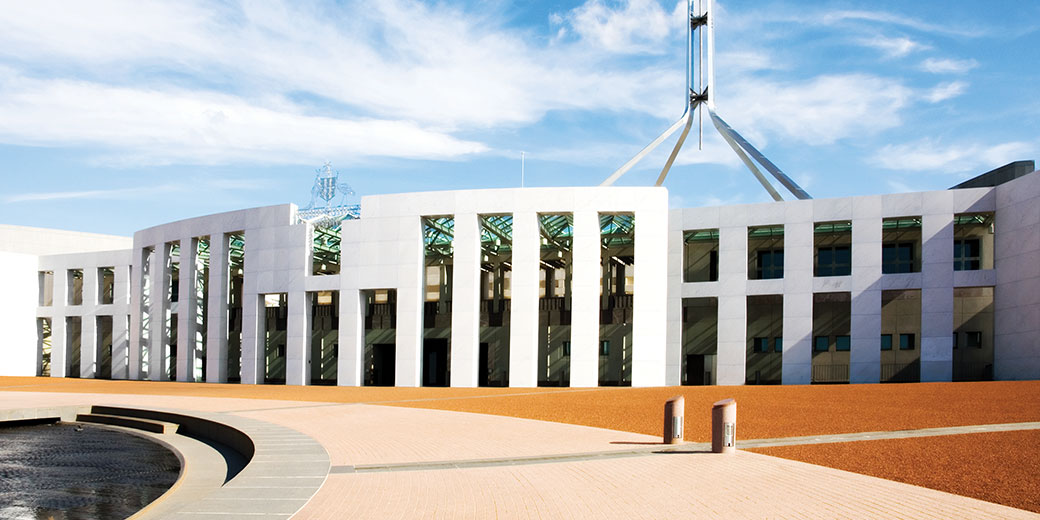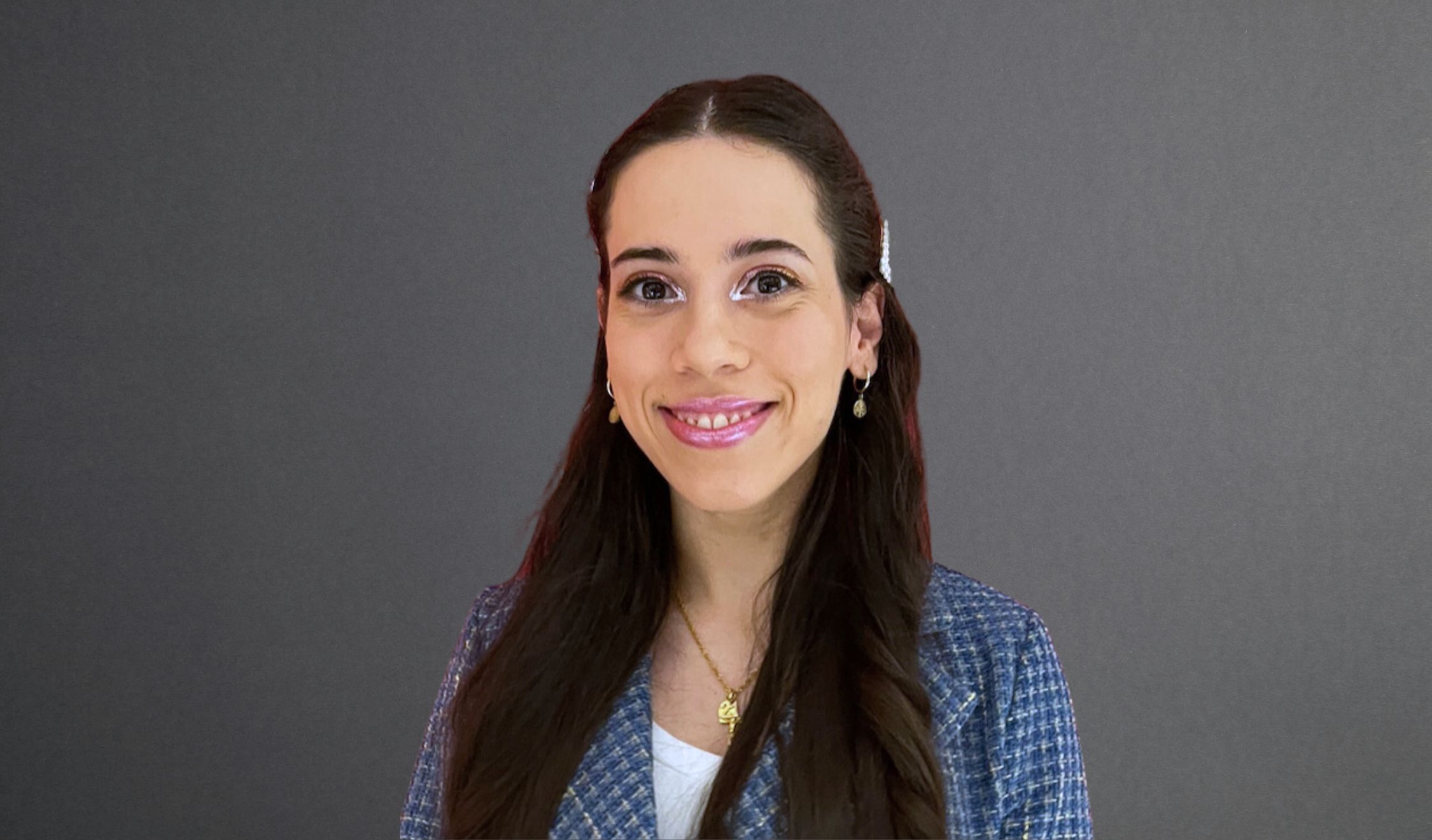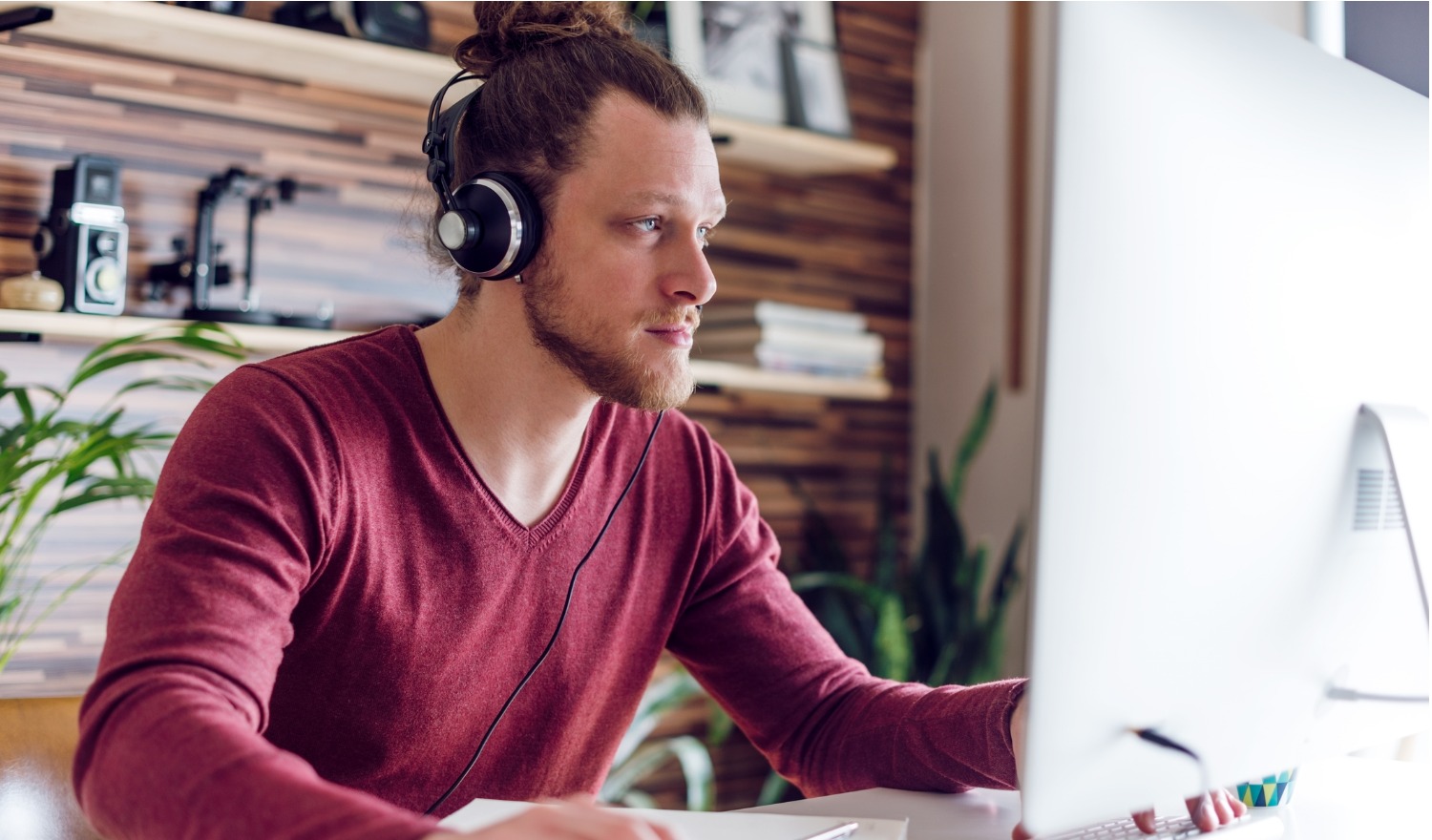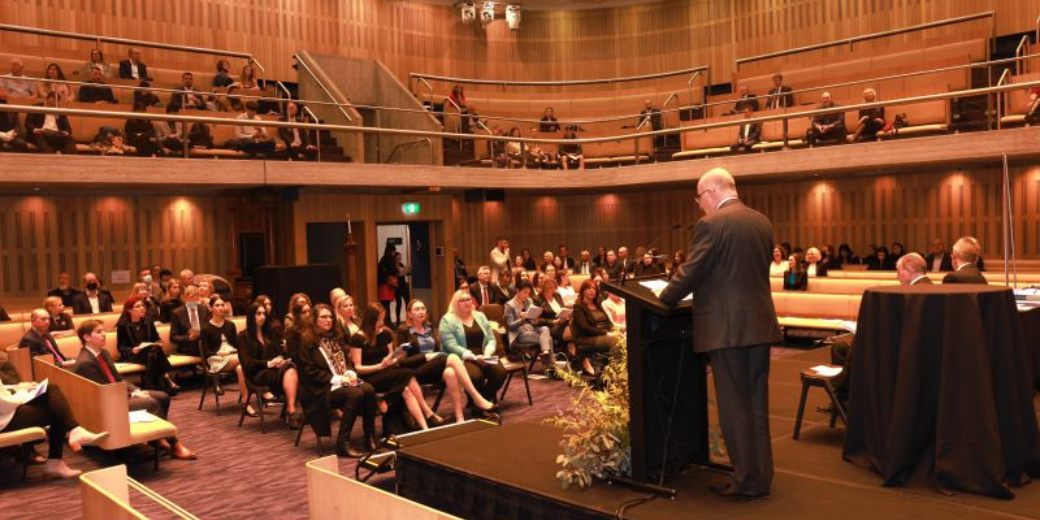If you had the opportunity to sit face-to-face with the Attorney-General for Australia, the chief law officer of the nation, what would you ask? What would you want to know? Students at the College of Law’s new international headquarters in Sydney were lucky enough to gain this opportunity. The peer conversations and pointed student questions did not disappoint.
From Australian legal education in the ASEAN region, to the role of Royal Commissions and the impact of AI and platforms like ChatGPT on the legal profession, the Attorney-General Honourable Mark Dreyfus KC MP discussed his thoughts on what it means to be a lawyer today and what is vital in the practice of law.
Here is what the Attorney-General had to say.
During the Attorney-General’s tour of the College of Law’s new Sydney Headquarters, he was shown the onsite and virtual capabilities of the premises across its four levels, including mock courtrooms, hybrid and collaborative workspaces, resource centres and communal breakout areas. Along with highlights like the inner city open-air terrace overlooking Town Hall and George Street, and vibrant large-scale murals by indigenous artist Debra Beale.
The themes of connection, knowledge sharing and people gathering from far and wide are imbued throughout Debra’s work, an ideal affirmation of the College of Law’s purpose - a vital meeting place. Connecting the Attorney-General with students and staff was a vital meeting for those lucky enough to be on campus.
The first question levelled at the Attorney-General was one anyone pursuing a career in law would logically ask – what advice do you have for me or anyone wanting to be a lawyer? The Attorney-General’s response was a simple one… listen.
“Lawyers need to listen; lawyers do not always listen properly.”
The next student question was far more complex and launched a much broader discourse. In light of the explosive impact of AI platforms like ChatGPT and the expanding reach of legaltech software, the way law is practised is changing. Did the Attorney-General have a view on the changing nature of law and access to justice? And what about the implications of regulating the use of AI, for example the Robodebt scheme?
The Attorney-General acknowledged AI and automation are having an enormous impact on the way law is practised today and that there were bigger questions arising around the use of AI in law.
“AI is being used in the United States in some cases for sentencing, you can imagine why AI would be used as it can synthesise information from thousands of case decisions. But what you don’t have is the reasoning behind the sentence,” the Attorney-General says.
“We haven’t got to that here in Australia, and I hope we don’t. I think sentencing is a decision that must be made by a judge, and I do not believe the community would have confidence in AI to make that type of decision.”
The Attorney-General agreed the students in the room were entering a very different profession to the one he started in, one with AI and automated processing.
“Things that I had to do as a young lawyer, like sitting in a warehouse going through thousands and thousands of documents, is all automated now. The discovery process is no longer that tedious - thank goodness!”
In response to the changing nature of the profession, the College of Law has integrated two hands-on legaltech courses into the Practical Legal Training Program. Despite the evolution of legal processes and the need for education to evolve along with it, the fundamentals of law have not changed according to the Attorney-General.
“The practice of law is still about resolving disputes between human beings. The way we get there may differ, technology is amazing, but dispute resolution between humans is still the focus.”
The passion and desire to help others was an undeniable theme in the questions students asked the Attorney-General. From the international student pursuing human rights law in Australia, to the PLT student who was trying to navigate the path between community law and a lucrative corporate career - improving other people’s lives was high on the agenda. The Attorney-General strongly encouraged everyone in the room to volunteer, pointing out all the large firms are now engaging in pro bono programs.
“I would encourage all of you to volunteer at a community legal centre or do public interest work,” the Attorney-General says. “You can make a fundamental change to a person’s life that you may never experience in a commercial firm. It is extremely rewarding work, very satisfying. I am seeing all the big firms these days send their young lawyers to community legal centres and doing public interest work. There is no reason that you cannot do both, work commercially and volunteer at the same time.”
The Attorney-General said the experience of his volunteering work remained firmly with him.
“When I was in my first year as a solicitor, I began volunteering at the Fitzroy Legal Service. I have never forgotten that work and what I learned from it,” the Attorney-General explains. “Some of my most memorable experiences remains the work I undertook then. I have worked on thousands of cases as a solicitor and barrister but many of the pro bono and public interest cases, including environmental and Indigenous rights, have stayed with me.”
The College of Law would like to thank the Attorney-General of Australia, the Honourable Mark Dreyfus KC MP, for the support of the official opening of its new national and international headquarters located at 570 George Street, Sydney.
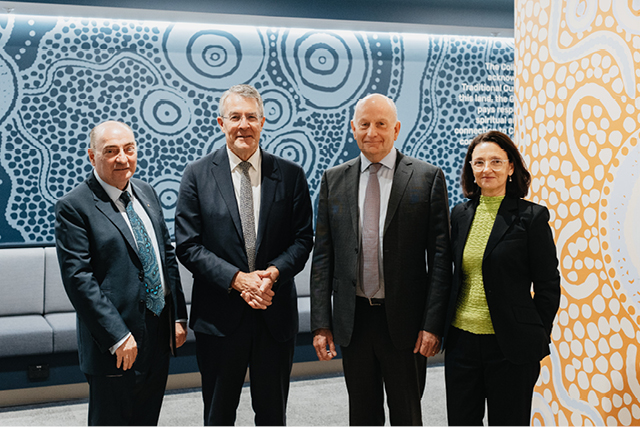




















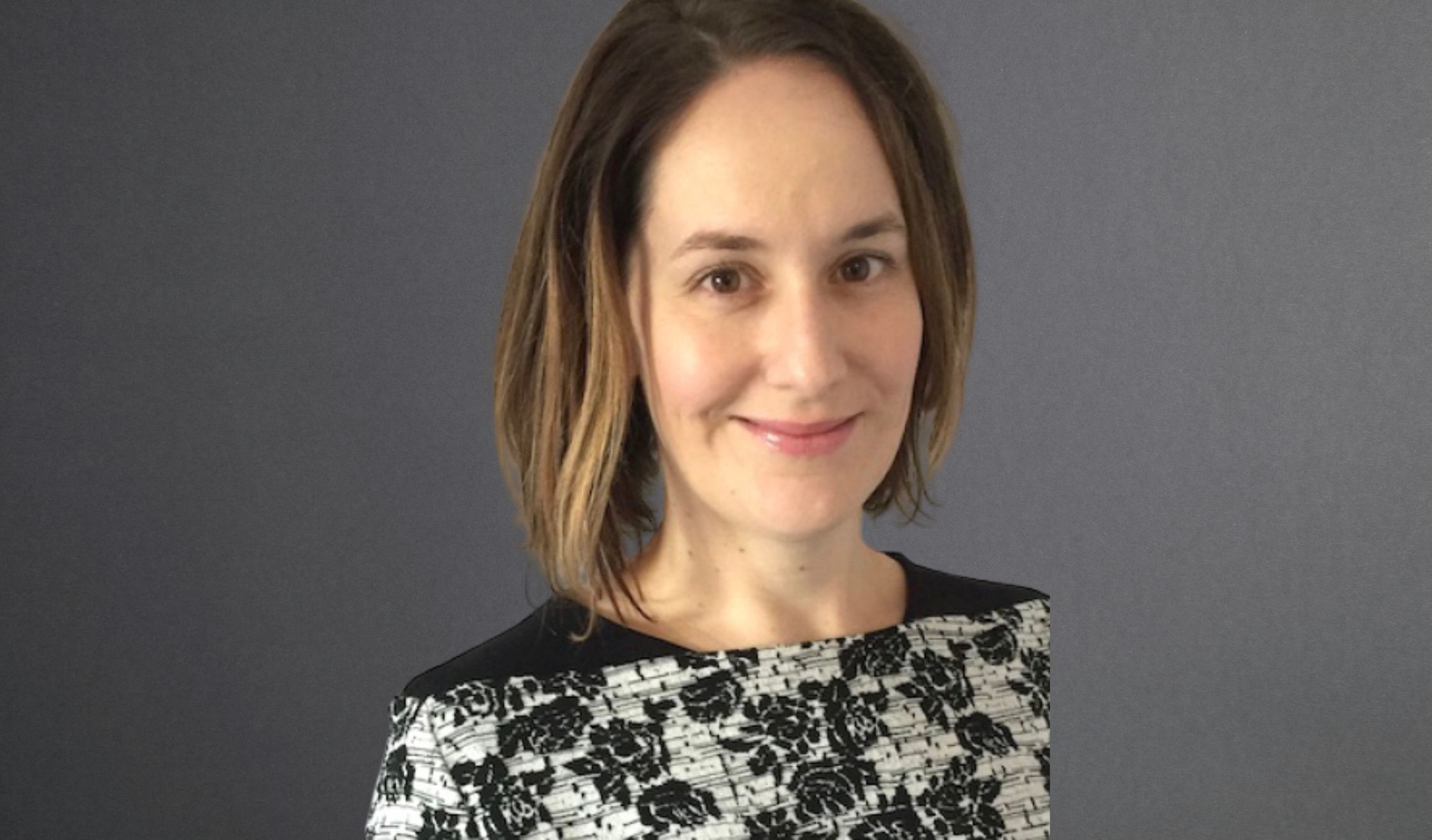

























![How to handle Direct Speech after Gan v Xie [2023] NSWCA 163](https://images4.cmp.optimizely.com/assets/Lawyer+Up+direct+speech+in+drafting+NSW+legislation+OCT232.jpg/Zz1hNDU4YzQyMjQzNzkxMWVmYjFlNGY2ODk3ZWMxNzE0Mw==)


































